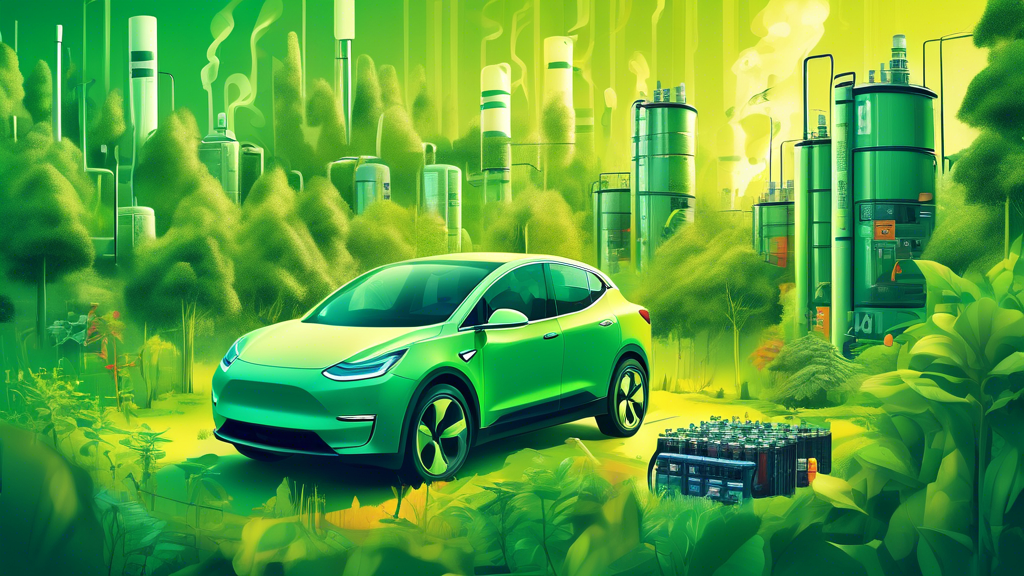
The Electric Cars Shift: Are We Trading One Evil for Another?
When you think of electric cars, what springs to mind? Sleek, silent, and planet-saving super machines, right? And while electric vehicles (EVs) offer a quieter, cleaner alternative to their fossil-fueled cousins, producing these eco-friendly chariots, especially their batteries, tells a slightly different story. So, let’s buckle up and dive into the environmental impact of producing electric car batteries—is it a road to a sustainable future or just a detour?
What Goes into an Electric Cars Battery?
Behind the silent hum of an electric car lies its heart—the lithium-ion battery. These batteries are like the unsung heroes of our green future, but creating them is no small feat. They are primarily made from lithium, cobalt, nickel, and manganese. These elements might sound harmless and shiny, but getting them out of the earth is anything but clean or straightforward.
Lithium: Not Just a Nirvana Song
Yes, lithium has been immortalized in grunge anthems, but extracting it could use some alternative tuning. Primarily mined in Australia, Chile, and Argentina, lithium extraction involves extensive mining operations with significant environmental impacts, including water pollution and depletion. Ever wonder why flamingos near lithium mines in South America are getting harder to spot? It’s not because they’re shy.
Cobalt Blues
Cobalt, another star in the battery-making saga, mainly comes from the Democratic Republic of Congo. Mining cobalt isn’t just taxing the environment and raises serious human rights concerns. Issues like child labor and unsafe working conditions are dark clouds over the cobalt mines. The weather report keeps saying stormy with a chance of exploitation.
The Nickel and Manganese Tango
Nickel and manganese extraction can lead to air and water pollution, harming local ecosystems and communities. It’s like throwing a party but forgetting to invite clean air and water.
Manufacturing: A Not-So-Smooth Ride
It’s not just the materials themselves; the production of EV batteries is an energy-intensive process. From mining these raw materials to manufacturing, substantial energy is consumed, much of which still comes from non-renewable sources. So, while the car in your driveway might be emissions-free, the factory it came from could be another story.
Recycling Electric Cars Battery: The Light at the End of the Tunnel?
All gloom aside, there’s a silver lining. Battery recycling could be the game-changer we need. Currently, recycling rates for EV batteries are not exceptionally high, but the technology and practices are improving. Efficient recycling helps reclaim valuable materials and reduce the impact of mining. It’s like giving the planet a much-needed spa day after a mud-wrestling match.
So, What’s the Verdict?
No technology is perfect, and while EVs are a step in the right direction, their batteries raise environmental eyebrows. The full impact involves considering the mining distress against the emissions saved by driving an EV. But with advancements in recycling and possibly cleaner mining techniques, the future could look much greener. Will EV batteries ever be guilt-free? Maybe not, but they’re on a journey of improvement.
So next time you admire an electric car, by all means, give it a nod for the emissions it’s not spewing. But remember, every hero has an origin story, and this one’s still being written. Will it have a happy ending? Stay tuned.
